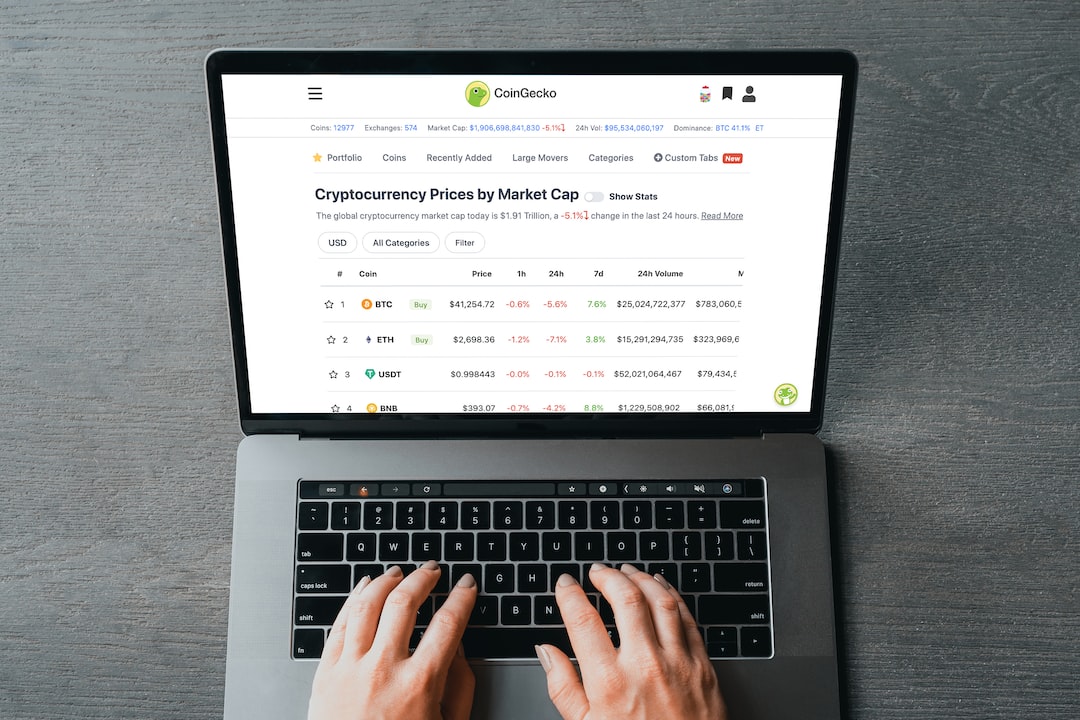The IMF’s Crypto Risk Assessment Framework
The International Monetary Fund (IMF) has released a working paper titled “Assessing Macrofinancial Risks from Crypto Assets,” which proposes a crypto-risk assessment matrix (C-RAM) to help risk-prone nations identify and mitigate the effects of crypto on investors. The paper emphasizes the need for a framework that considers factors not typically used in traditional finance. It highlights that all players in the crypto market, including issuers, miners/validators, exchanges, wallet providers, payment providers, and users, are exposed to various risks such as market volatility, credit risks, legal risks, liquidity risks, and concentration risks.
A Three-Step Approach
The C-RAM introduces a three-step approach for incorporating macro-financial risk into each country’s decision-making process. The first step involves determining the importance of the crypto space to the economy using a decision tree. The second step entails integrating traditional tools that affect macroeconomic factors. Finally, the third step involves considering global risks to the country’s policies.
Authorities should first assess the use of digital assets in the country for payments, settlements, or other purposes. This evaluation is particularly relevant for countries like El Salvador and the Central African Republic that have adopted cryptocurrencies as legal tender. The use of crypto as legal tender can introduce new risks that may undermine wider monetary policies.
After assessing the use of digital assets, authorities should identify specific risks associated with their adoption. The IMF cites El Salvador as an example where recent regulatory changes pose significant risks to financial stability and capital inflows.
Lastly, global risks related to digital assets range from climate concerns and inflation to impacts on emerging markets. While comprehensive data is lacking due to the industry’s relative youth, cross-border cooperation is advised.
The Impact of FTX and Terra Collapses
The collapse of the Terra Network and subsequent failure of FTX in November 2022 have raised concerns among regulators. These incidents have led to a tightening of regulatory frameworks globally, with regulators criticized for impeding market growth. The IMF highlights the need for regulators to stay ahead of the crypto sector to prevent such collapses and ensure financial stability. The industry’s response to stablecoins and exchanges has been reshaped by these events.
Hot Take: The IMF Urges Proactive Risk Management in Crypto Markets
The IMF’s working paper emphasizes the importance of proactive risk management in the crypto market. By introducing the C-RAM framework, the IMF aims to assist risk-prone nations in identifying, preventing, and mitigating risks associated with crypto assets. The three-step approach provides a comprehensive method for assessing macro-financial risks and integrating them into decision-making processes. The recent collapses of FTX and Terra have highlighted the need for regulators to stay ahead of the sector and tighten regulatory frameworks. Overall, the IMF’s recommendations contribute to a more informed and secure crypto market.





 By
By
 By
By
 By
By
 By
By
 By
By
 By
By